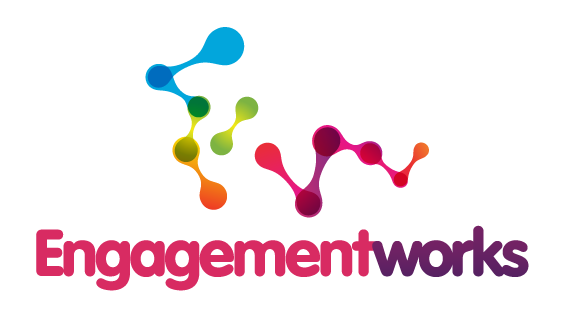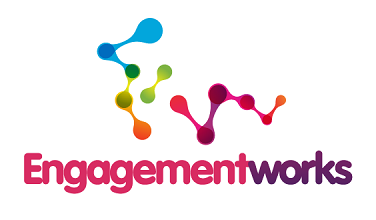We've got a free Community Engagement Checklist E-book available.
Don and Brett here at Engagementworks are passionate about community engagement and the benefits it can unlock for organisations who are really committed to its practice. We’re a couple of experienced blokes who have done a lot in the engagement space – from face-to-face to online.
While we have a commercial interest in the practice of community engagement, we’re also keen to grow a vibrant community of practitioners around New Zealand. That’s one of the reasons behind our seminar series, the second of which is being held this week in Hamilton.
It’s also a reason behind some free E-books we’ve got planned. We’ve just completed the first of these – a Community Engagement Checklist. This is available as a Word document, so that it can be used as an electronic template and also manipulated however its users want. If you’d like a copy, send us an email with your email address and we’ll send you one. There’s no cost. We just ask that you respect our product and don’t give it away to others, or charge for it! If you think we can make it better, we’d appreciate your feedback.
If you need some advice about how to use the Checklist, don’t hesitate to give us a call. We don’t always charge for advice we provide. Quite often the coffee’s on us!
If you need something more comprehensive for an engagement strategy or project, we can help with that too, whether as advisers, consultants, implementers or trainers.
On our website there’s a range of training courses we’ve developed to cover most needs. If your organisation has specific needs that aren’t covered by these courses or which need bits from several, we’re happy to build something that meets your needs. We can also deliver those at your place, if you’ve got a venue.
So if you need something to help with your community engagement delivery, or not exactly sure what you might need, please give us a call. We’re happy to listen and to advise.
Don and Brett here at Engagementworks are passionate about community engagement and the benefits it can unlock for organisations who are really committed to its practice. We’re a couple of experienced blokes who have done a lot in the engagement space – from face-to-face to online.
While we have a commercial interest in the practice of community engagement, we’re also keen to grow a vibrant community of practitioners around New Zealand. That’s one of the reasons behind our seminar series, the second of which is being held this week in Hamilton.
It’s also a reason behind some free E-books we’ve got planned. We’ve just completed the first of these – a Community Engagement Checklist. This is available as a Word document, so that it can be used as an electronic template and also manipulated however its users want. If you’d like a copy, send us an email with your email address and we’ll send you one. There’s no cost. We just ask that you respect our product and don’t give it away to others, or charge for it! If you think we can make it better, we’d appreciate your feedback.
If you need some advice about how to use the Checklist, don’t hesitate to give us a call. We don’t always charge for advice we provide. Quite often the coffee’s on us!
If you need something more comprehensive for an engagement strategy or project, we can help with that too, whether as advisers, consultants, implementers or trainers.
On our website there’s a range of training courses we’ve developed to cover most needs. If your organisation has specific needs that aren’t covered by these courses or which need bits from several, we’re happy to build something that meets your needs. We can also deliver those at your place, if you’ve got a venue.
So if you need something to help with your community engagement delivery, or not exactly sure what you might need, please give us a call. We’re happy to listen and to advise.



 RSS Feed
RSS Feed
